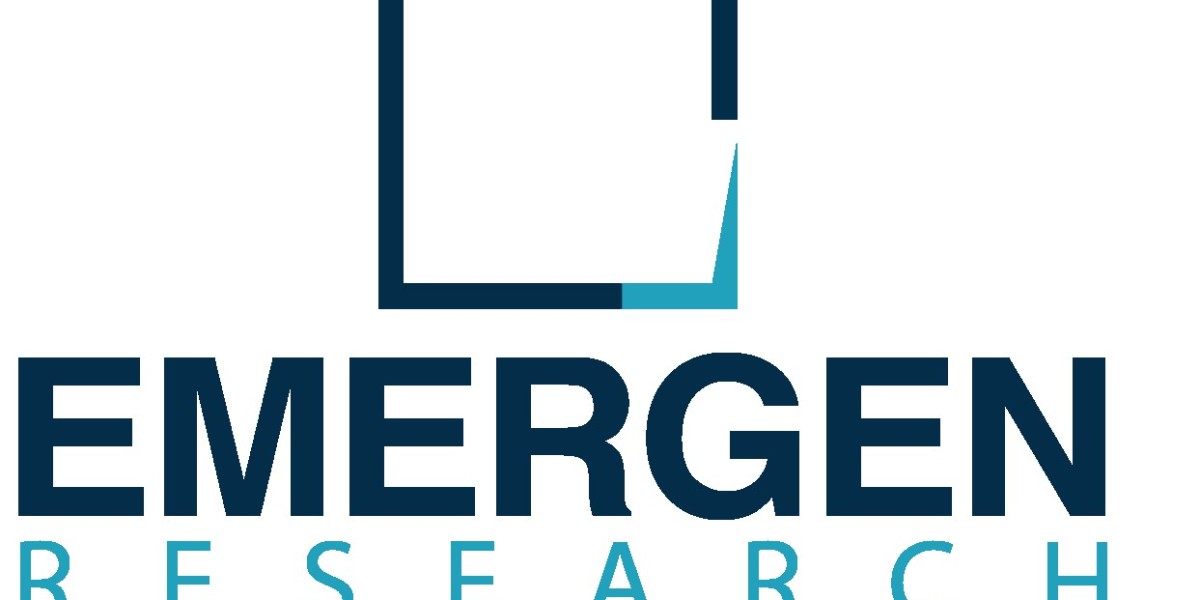Self-awareness is the ability to recognize and understand one’s own thoughts, feelings, motivations, and behaviors. It involves being conscious of oneself as a distinct individual, including one’s strengths, weaknesses, values, and beliefs. Self-aware individuals are often better equipped to understand how they relate to others and to navigate their environment effectively.
Indeed, while self-awareness can be empowering and beneficial, it can also lead to discomfort or distress when individuals become overly critical or fixate on their flaws or shortcomings. It's important to maintain a balanced perspective and practice self-compassion alongside self-awareness to promote mental well-being.Absolutely, heightened self-awareness can sometimes lead to overthinking and indecision, as individuals may become excessively conscious of the potential consequences of their choices. This can create a sense of paralysis or anxiety, making it challenging to make decisions confidently. Developing a healthy balance between self-awareness and trust in one’s intuition or judgment can help navigate this challenge.Yes, self-awareness can lead to the realization that ultimately, each individual is responsible for their own life and choices. It can highlight the importance of taking ownership of one's actions, decisions, and well-being. This recognition of personal responsibility can be empowering but also daunting, as it underscores the need for self-reliance and accountability in navigating life's challenges and opportunities.Self-awareness can indeed lead individuals to question or reevaluate their beliefs, including their beliefs about the existence of supernatural beings or forces. As people become more introspective and reflective, they may critically examine their religious or spiritual beliefs and come to different conclusions about the nature of existence and the universe. This process of self-discovery and questioning is a natural part of personal growth and intellectual exploration.Self-realization, the process of deeply understanding oneself and one’s true nature, can indeed lead some individuals to reassess or even abandon their belief in a traditional concept of God or a higher power. As people delve into self-awareness and self-discovery, they may find that their understanding of the world and their place in it evolves, sometimes diverging from religious teachings or doctrines. However, it’s important to note that self-realization can also deepen one’s spiritual beliefs or lead to the adoption of alternative perspectives on the divine or transcendence. Ultimately, the impact of self-realization on one’s beliefs about God is highly individual and can vary greatly from person to person.




Marcelo Orlando 33 w
Boa tarde